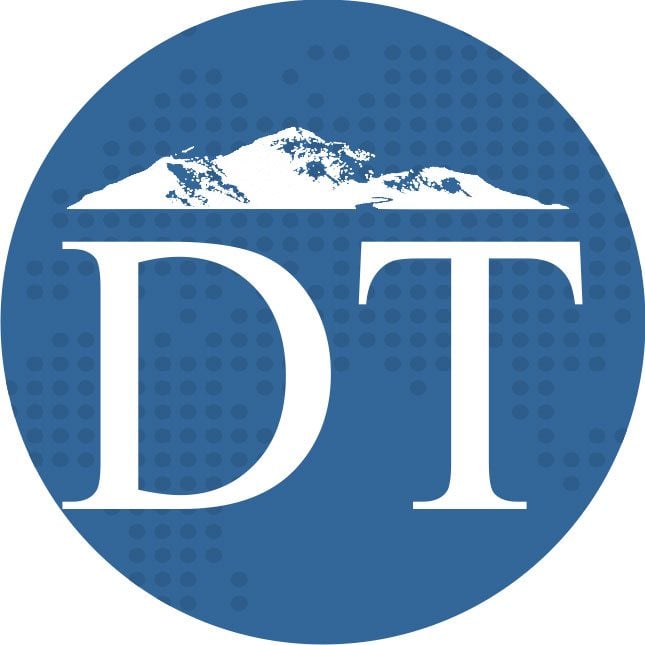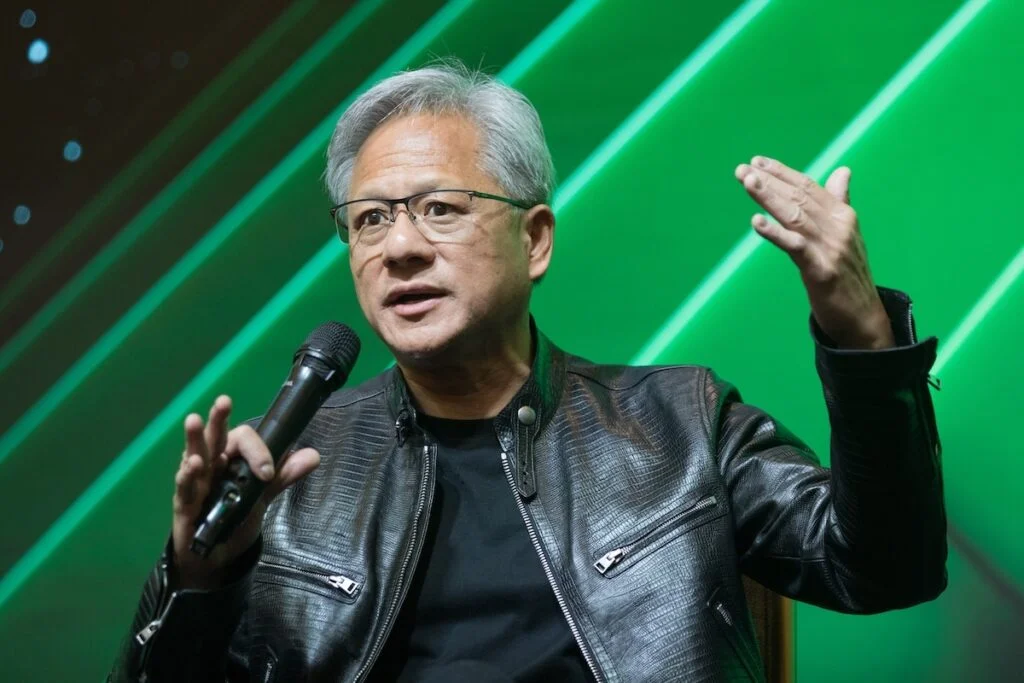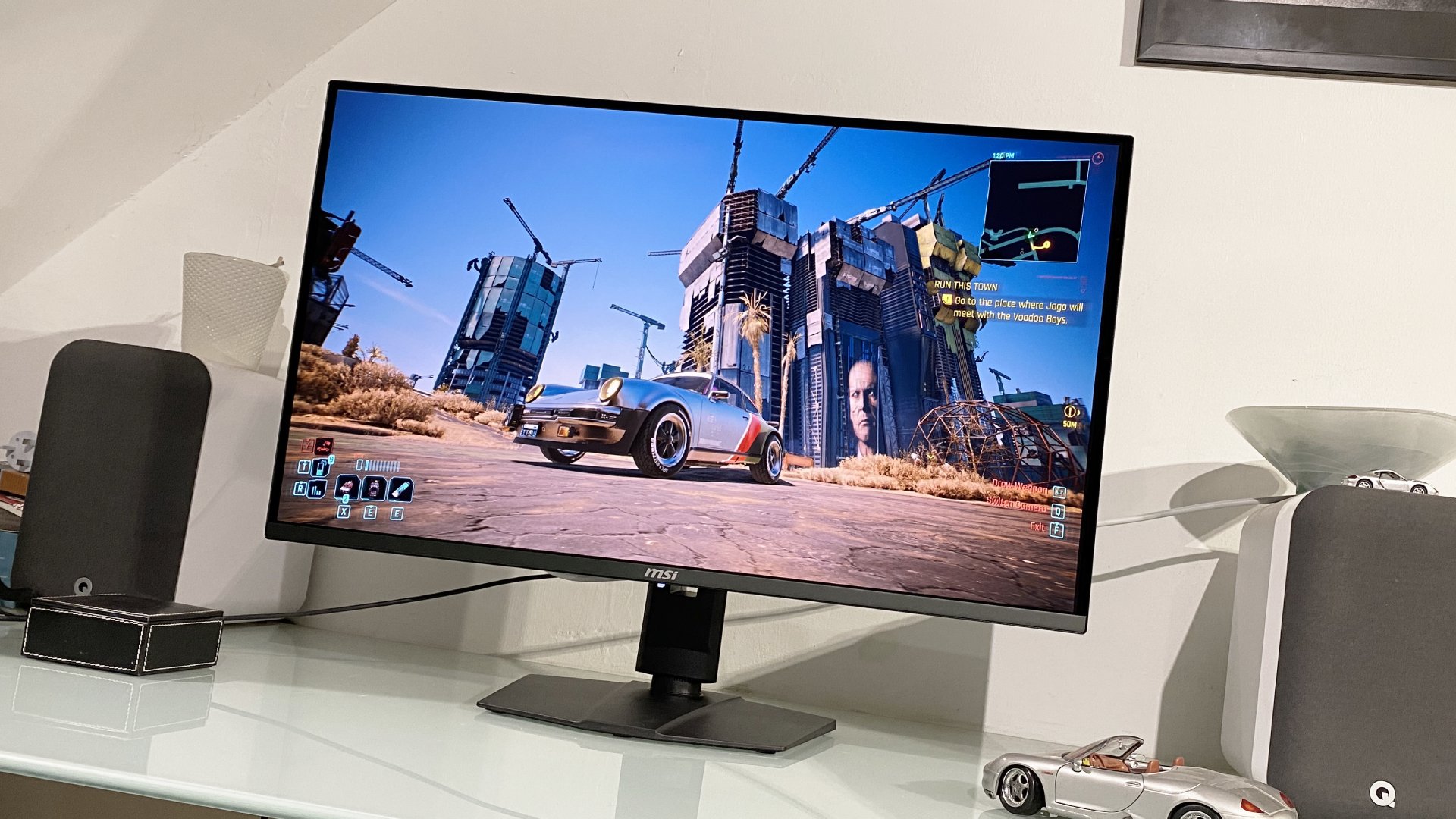By Sajid Salamat
Copyright dailytimes

Published on: September 27, 2025 7:42 AM
Pakistan’s diplomacy has seldom staged such a remarkable re-entry onto the world’s centre stage as it did this week in Washington. Prime Minister Shehbaz Sharif’s first Oval Office meeting with President Donald Trump was more than a ceremonial encounter, for it marked the opening of a new chapter in Pakistan-US relations. For a country too often cast as peripheral, this was a moment of validation and renewed relevance.
The optics were not hollow. Pakistan has secured tangible commitments. Trump hailed Pakistan’s efforts against terrorism and underscored cooperation in averting a regional crisis, while the Prime Minister showcased a proactive agenda: inviting American investment in agriculture, information technology, mining and energy. A minerals agreement with a US firm worth half a billion dollars has already set the tone, drawing Pakistan’s untapped resources into global supply chains. Equally significant, Washington has agreed to apply a 19 per cent tariff on Pakistani goods under its new reciprocal trade plan, a marked improvement from the levels Islamabad once feared. This places Pakistan among the more favourably treated partners in South Asia and signals that Islamabad is not only back in Washington’s calculations but may be a preferred collaborator in key sectors.
India’s unease was immediate and predictable. New Delhi’s commentators have begun calling this the greatest US tilt towards Pakistan in the last five decades, revealing more about their anxieties than about any genuine imbalance. Having long basked in Washington’s strategic embrace, India finds it difficult to accept a Pakistan that reasserts itself diplomatically. Nor is the domestic chorus of cynicism from PTI circles any less transparent. Their criticisms are shaped more by political opportunism than by sober analysis. This outreach should inspire pride, yet it must also instil prudence. Ties with the United States have historically swung between peaks of cooperation and troughs of neglect. Foreign capital, moreover, cannot on its own guarantee prosperity. Unless managed inclusively, mineral wealth may enrich a few while leaving communities behind.
Prime Minister Shehbaz Sharif’s call at the United Nations for “proactive, not provocative” leadership in South Asia captured the moment well. Pakistan has signalled its willingness to lead with responsibility, to turn opportunity into stability. If nurtured with care, the opening with Washington can serve as a springboard for economic transformation and regional equilibrium.
This is a beginning, not an end. Pakistan must now ensure that diplomatic goodwill is translated into enduring partnerships. Critics at home and abroad may scoff, yet the path forward lies in steady, realistic, and confident engagement. Managed wisely, this turn in Washington can herald nothing less than a national resurgence.



